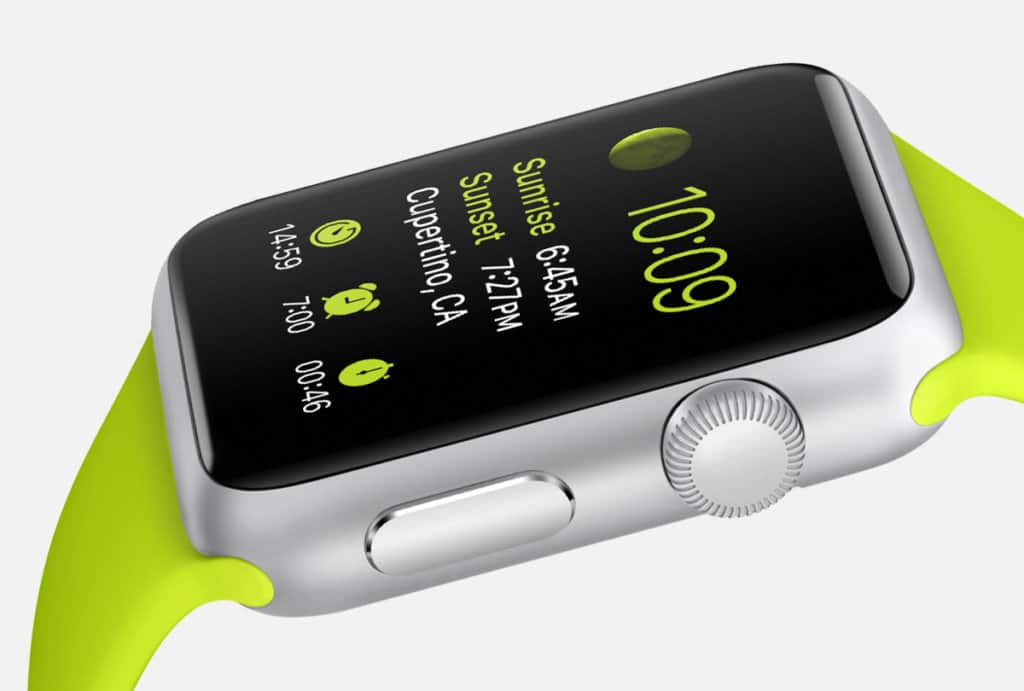John Halamka, the CIO of Beth Israel Deaconness Medical Center in Boston has an interesting post on his blog about Apple’s big unveiling yesterday and its implications for connected health applications. With the image of naked Jennifer Lawrence still fresh in our minds, Halamka points out that Apple is taking steps to make sure no such slip-ups happen in the context of protected health information – a promising new market for wearable technology. As Halamka sees it, we’re on the cusp of revolution that will see the consumerization of what he calls “healthcare middleware.” That refers to software and services, like Apple’s recently announced HealthKit, that aggregates data about your body from multiple sensors in your clothing, your body and environment. Unlike the nude selfies that recently made the rounds online, however, health data is protected by Federal legislation – HIPAA. For that reason, Apple keeps that data local to the mobile […]
FDA
FDA: Regulators Can’t Scale To Police Mobile Health Apps
A senior advisor to the U.S. Food and Drug Administration (FDA) tossed cold water on speculation that the Agency might try to police mobile health and wellness applications, saying the FDA couldn’t possibly scale up to meet the challenge of policing the hundreds of new apps appearing every month. Correction: The article was changed to clarify Mr. Patel’s comments. He was not responding to a direct question about the FDA setting up an office to regulate mobile health applications. He was commenting on the possibility of creating a platform to evaluate and rate mobile health applications. Also, he said “It’s not do-able,” not “it’s not possible.” We apologize for any confusion created by the article. – PFR July 10, 2014. The sheer pace of innovation in the mobile health application space and the numbers of such applications already available on mobile marketplaces like the iTunes App Store and Google Play mean that many mobile health applications will escape scrutiny by federal […]
Heartbleed: Technology Monoculture’s Second Act
Say ‘technology monoculture’ and most people (who don’t look at you cross-eyed or say ‘God bless you!’) will say “Microsoft” or “Windows” or “Microsoft Windows.” That makes sense. Windows still runs on more than 90% of all desktop systems, long after Redmond’s star is rumored to have dimmed next to that of Apple. Microsoft is the poster child for the dangers and benefits of a monoculture. Hardware makers and application developers have a single platform to write to – consumers have confidence that the software and hardware they buy will “just work” so long as they’re running some version of Windows. The downside, of course, is that the Windows monoculture has also been a boon to bad guys, who can tailor exploits to one operating system or associated application (Office, Internet Explorer) and be confident that 9 of 10 systems their malicious software encounters will at least be running some version of the […]
Google: Android Wear Isn’t Ready For Health Data
I didn’t get a chance to write about Google’s (big) announcement that it was expanding its Android operating system franchise to wearable products. If you haven’t been following the news: the company unveiled a developer preview of Android Wear, software that will allow developers to outfit wearable devices that can interact with Android devices like mobile phones and tablet. The announcement is important: it shows Google continuing to grow its footprint in the wearables space beyond the (controversial) Glass technology. In fact, noted tech luminary Robert Scoble and others have wondered aloud whether Google is ready to let Glass go the way of Wave, Buzz and other skunkworks projects. The announcement of Wear and attendant deals with watch makers like Fossil and others suggests that, if nothing else, Google is ready to get out of the wearable hardware business and leave that to companies that are better suited to […]
Uncle Sam Makes Mobile, Medical Device Security a Priority in 2014
The U.S. Department of Health and Human Services (HHS) says that it will make the security of mobile devices containing personal health information and networked medical devices areas of intense scrutiny in 2014. The security of a wide range of devices, from laptops and USB ‘jump drives’ to networked medical devices like dialysis machines and medication dispensing systems will be under review, according to a 2014 Work Plan issued by HHS’s Office of the Inspector General (OIG). (PDF) Among other projects, the OIG will review hospitals’ plans to protect the loss of protected health information (PHI), as well as similar plans put in place by Medicare and Medicaid contractors in the next year. OIG will also scrutinize security controls at hospitals that protect networked medical devices. OIG wants to determine if the controls in place are adequate to secure electronic protected health information stored on medical devices. Links between networked […]



